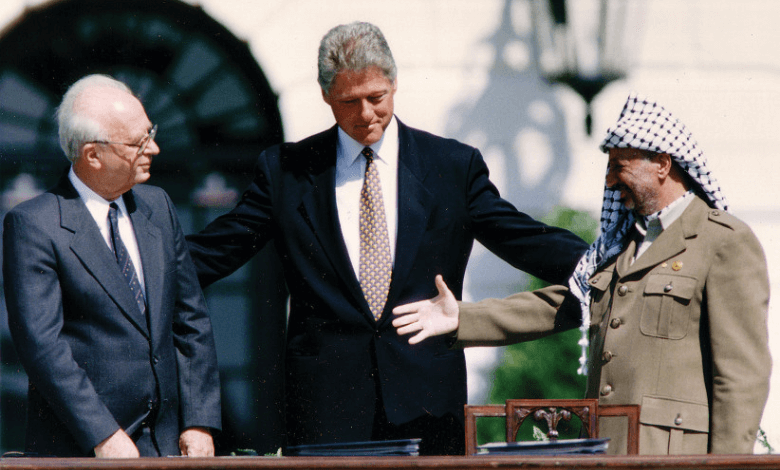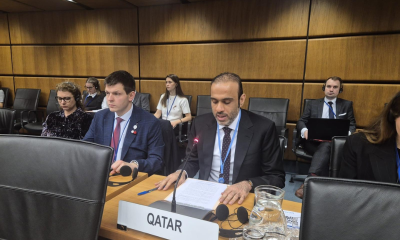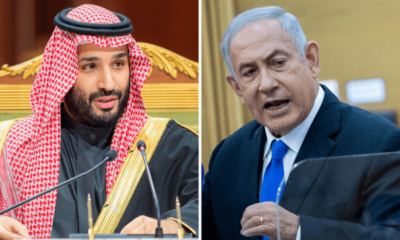An everlasting Israeli-Palestinian peace was previously promised by the Oslo Accords, which were signed in 1993 after a historic handshake on the lawn of the White House. Though the battle has continued for more than three decades and continues to claim innocent lives, the idea of two states seems further away than ever. Deep-seated problems, shoddy accords, and tragic occurrences have tarnished the path to peace, which was once characterized by optimism and ambition.
The Oslo Accords’ designers intended for a two-state solution to be reached over time, with a steady increase in mutual understanding and collaboration. However, a significant omission that fostered the seeds of conflict was the accords’ failure to expressly address settlement building. The peace process was stretched further after Prime Minister Benjamin Netanyahu was elected and kept up settlement activity.
Lethal occurrences, such as the horrifying murder committed by Baruch Goldstein and the assassination of Prime Minister Yitzhak Rabin, broke the illusion of progress and disrupted the tenuous calm. The Second Intifada, which was the culmination of an increase in terrorism, heightened suspicion and further distanced peace. The Palestinian Authority’s battle with corruption and poor leadership made the situation worse.
Despite these obstacles, supporters like Yossi Beilin remain optimistic that a two-state solution will be the most practical way to ensure Israel’s continued existence as a Jewish and democratic state. The pre-1967 boundaries are emphasized in Beilin’s plan, along with territory swaps and shared control over sensitive regions like Jerusalem. Political realities and changes in leadership, however, continue to obstruct real advancement.
Dennis Ross, a former US special Middle East coordinator, is aware of the underlying disconnect between the narratives and the absence of a well-established network of cooperation that may have supported the peace process. The potential influence of the Oslo Accords was undercut by the inability to curb settlement operations and combat terrorism.
Even though the Oslo Accords fell short of achieving the long-term peace that was hoped for, they did open doors for Israel diplomatically and economically, helping to cultivate its image as a “Start-Up Nation” and laying the groundwork for later peace agreements like the 1994 Israeli-Jordanian peace pact and the more recent Abraham Accords.
Also Read : Here’s What the Qatari Prime Minister Said About Talking to the Taliban
In conclusion, the Oslo Accords, albeit a watershed event, fell short of achieving the long-term harmony and coexistence it sought. Conflict in the region has been exacerbated by fundamental concerns including settlements, violence, and divergent interpretations of accords, as well as by changes in leadership and sad occurrences. Despite this, there is still hope because everyone still believes that a two-state solution is the best way to guarantee a peaceful future for Israelis and Palestinians. However, reaching this goal necessitates a reevaluation of previous errors and a shared desire to learn from them, creating the atmosphere of trust and collaboration necessary for permanent peace.






















